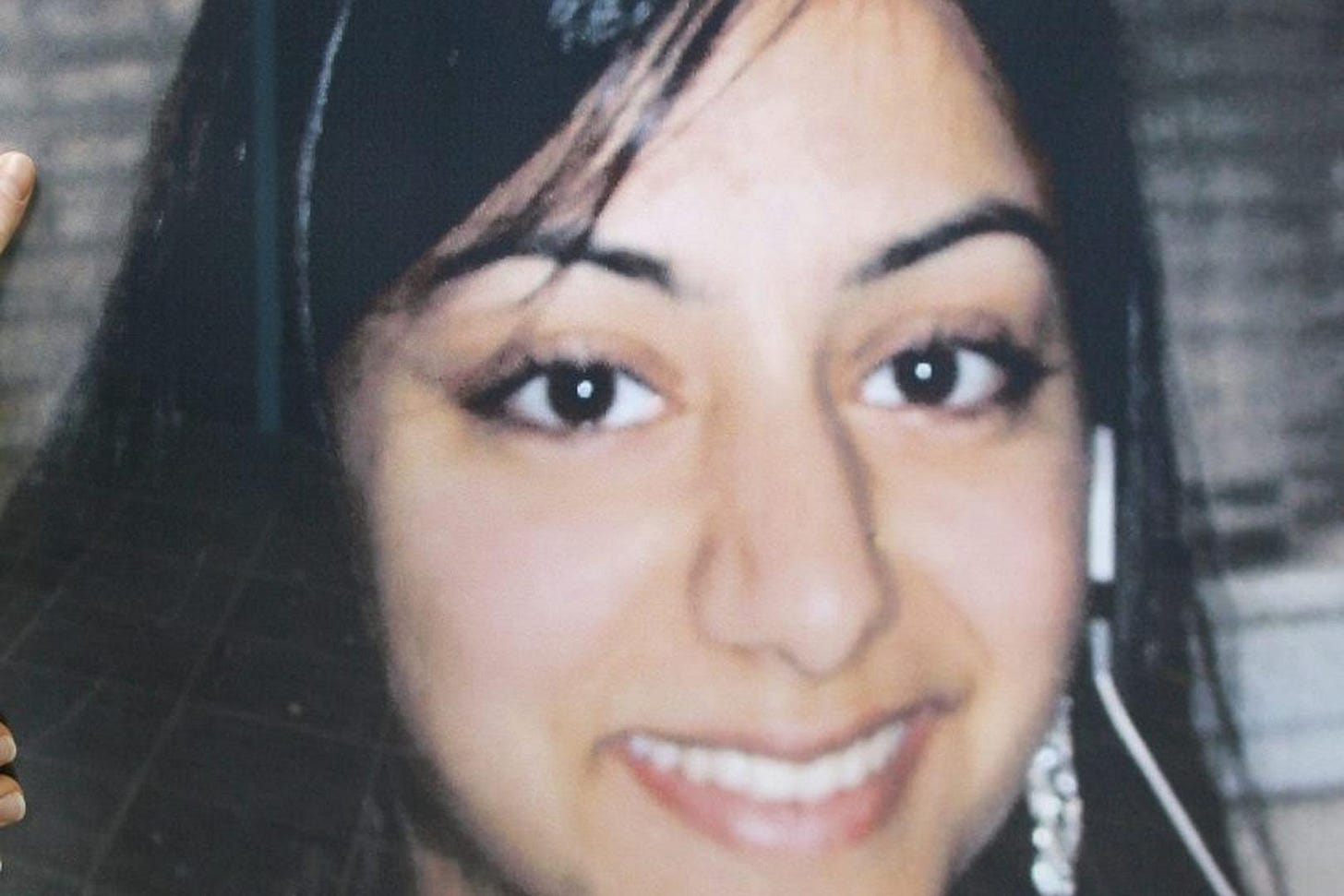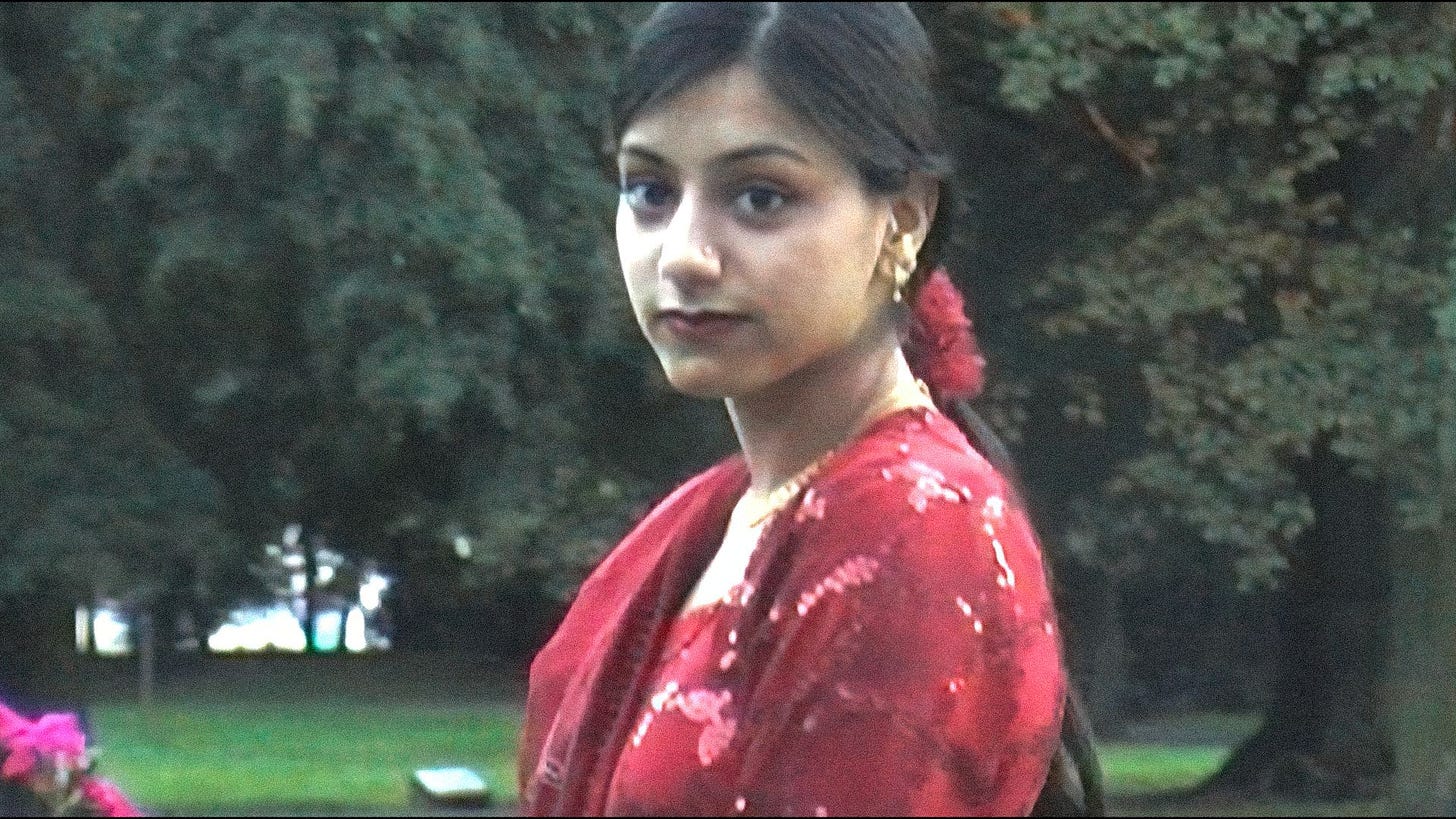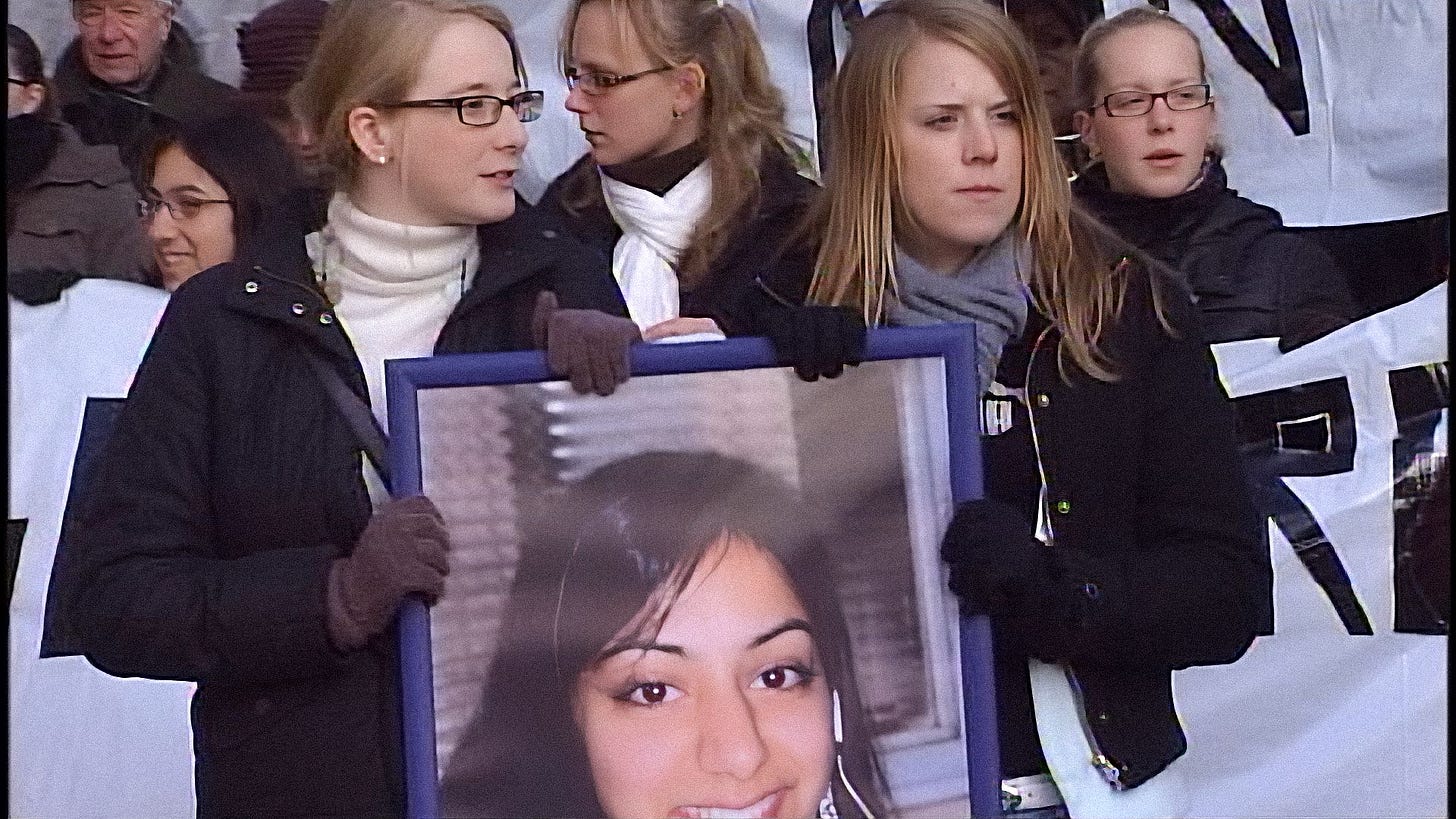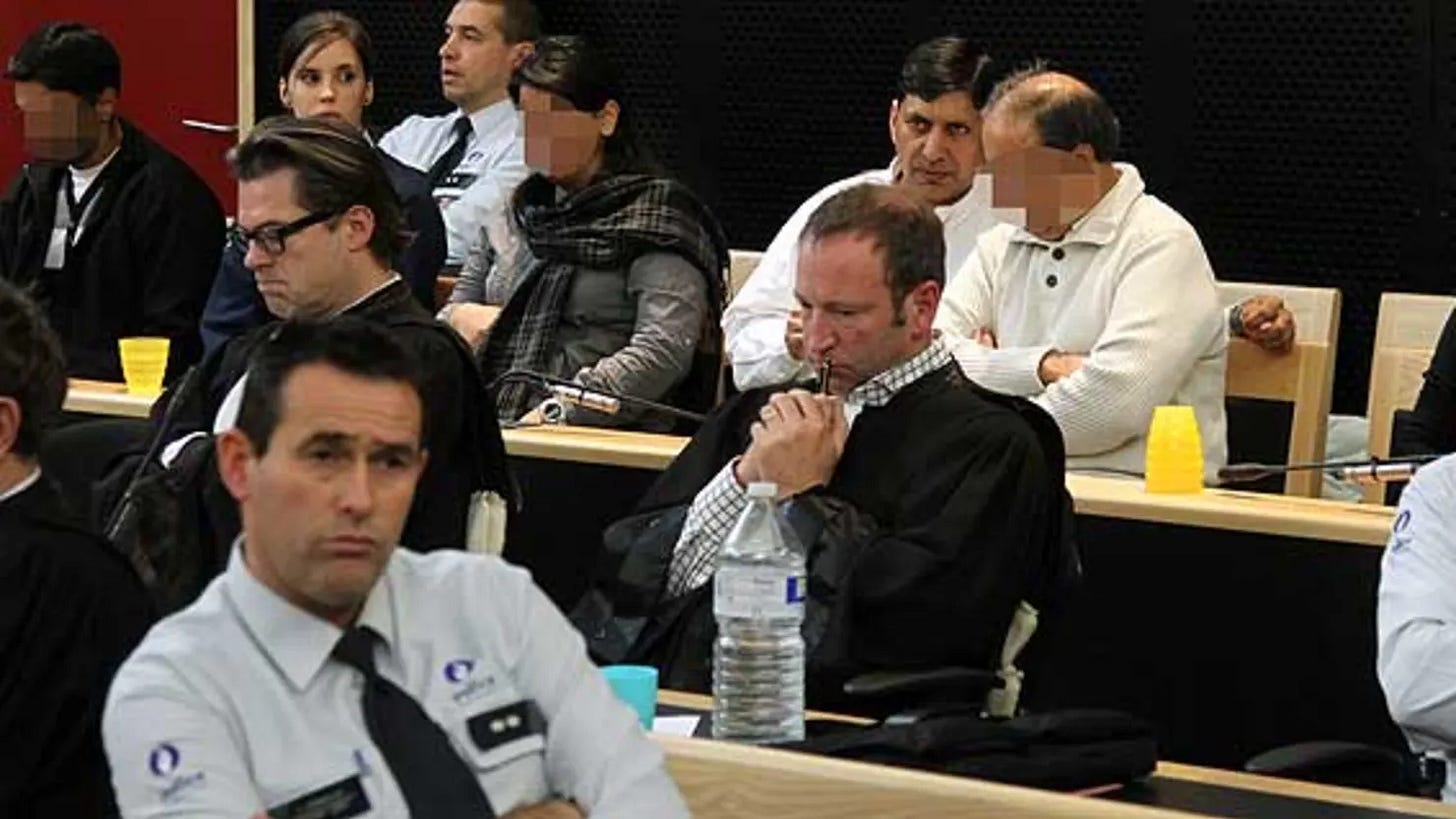Family, Honor, and Murder: How 2016's "A Wedding" Sheds Light on "Honor Based Violence"
Released in 2016, and based on real events, "A Wedding" tells the story of an 18-year-old Belgian-Pakistani woman named Zahira Kazim who is tragically murdered by her brother in an "honor killing"
Film Overview
In 2016, Belgian director Stephan Streker released the film A Wedding (Noces), a touching drama inspired by the real-life “honor killing” of Sadia Sheikh. The film centers on Zahira Kazim, an 18-year-old Belgian-Pakistani woman portrayed by Lina El Arabi.
Zahira enjoys a life typical of many Western teenagers. She goes out with friends, attends school, and has a boyfriend. Zahira is intelligent, independent, and close with her family, especially her older brother Amir.
However, Zahira’s close-knit relationship with her family begins to strain when her parents insist on an arranged marriage with a cousin in Pakistan, offering her a choice among three suitors via Skype. Complicating matters, Zahira learns that she is pregnant and wishes to keep the baby, a decision that clashes with her family's expectations.
Seeking support, Zahira turns to her older brother and confidant, Amir. Initially sympathetic, Amir finds himself torn between his sister's wishes and the family's honor. As tensions escalate, Zahira's attempts to assert her autonomy lead to a tragic conclusion, mirroring the real-life events that inspired the film.
Real Life Events
Sadia Sheikh was born in Brussels, Belgium, in 1987 to Pakistani parents, Tarik Mahmood Sheikh and Parveen Zahida Sariya. Her father had immigrated to Belgium in 1973, and the family settled in Charleroi, a city in the Walloon region.
Sadia was described by her friends and teachers as bright, determined, and independent-minded. She spoke fluent French and was well-integrated into Belgian society.
She pursued her education with determination, attending the Athénée Royal Vauban and later enrolling at the Haute École provinciale de Hainaut Condorcet (HEPCUT) to study law. On the surface, Sadia’s life seemed like that of many young European students, one filled with exams, new friendships, and the search for identity. But beneath that, she was also quietly navigating a very different world at home.
Sadia grew up in a household that upheld traditional Pakistani values. Among these was the expectation that daughters would respect and obey family authority, especially when it came to marriage, including the practice of arranged marriages.
In many traditional South Asian families, marriage is seen not as a personal decision but as a family affair, one that preserves honor and reputation.
As Sadia grew older, her parents began arranging her marriage to a cousin back in Pakistan, a man she had never met and did not wish to marry. Sadia resisted, telling her family she instead wanted to choose her own partner and build a future based on her values.
Eventually, the conflict escalated. In 2006, Sadia made a bold and dangerous decision by leaving her family home to move in with a Belgian man named Jean, whom she had chosen as her partner.
She also took legal precautions, such as drafting a will at a center for victims of domestic violence, indicating the seriousness of her concerns. Her actions, seen through her family's traditional lens, humiliated them. And in cultures where "honor" is paramount, restoring that honor even through violence becomes tragically all too common.
Murder of Sadia Sheikh
According to reports, Sadia hoped that moving out would help ease tensions with her family. Still, she longed for a resolution and did not want to be estranged from her family forever. So, in October 2007, she decided to visit her parents at their family home in Lodelinsart, Charleroi, hoping they could reconcile and move forward.
Instead, her visit on October 22, 2007, ended in tragedy. During an argument that escalated quickly, her brother, 27-year-old Mudusar Sheikh, took a gun and shot her three times.
Sadia was hit in the arm, shoulder, and chest. One of the bullets pierced her lungs, killing her. Her sister, Sariya, tried to intervene but was wounded as well.
The murder of Sadia Sheikh shocked Belgium. For many, it was hard to believe such a thing could happen in a modern European country. But to those familiar with “honor-based” violence, it was an all-too-real reminder of the dangers faced by women caught between cultural traditions and modern freedoms.
Aftermath and Trial
Justice came slowly but decisively. In November 2011, the trial commenced in Mons, drawing significant media attention. Mudusar Sheikh confessed to the murder, claiming he acted alone. However, prosecutors argued that the murder was not an isolated act but a calculated “honor killing,” meant to restore the family's reputation in the eyes of their community.









